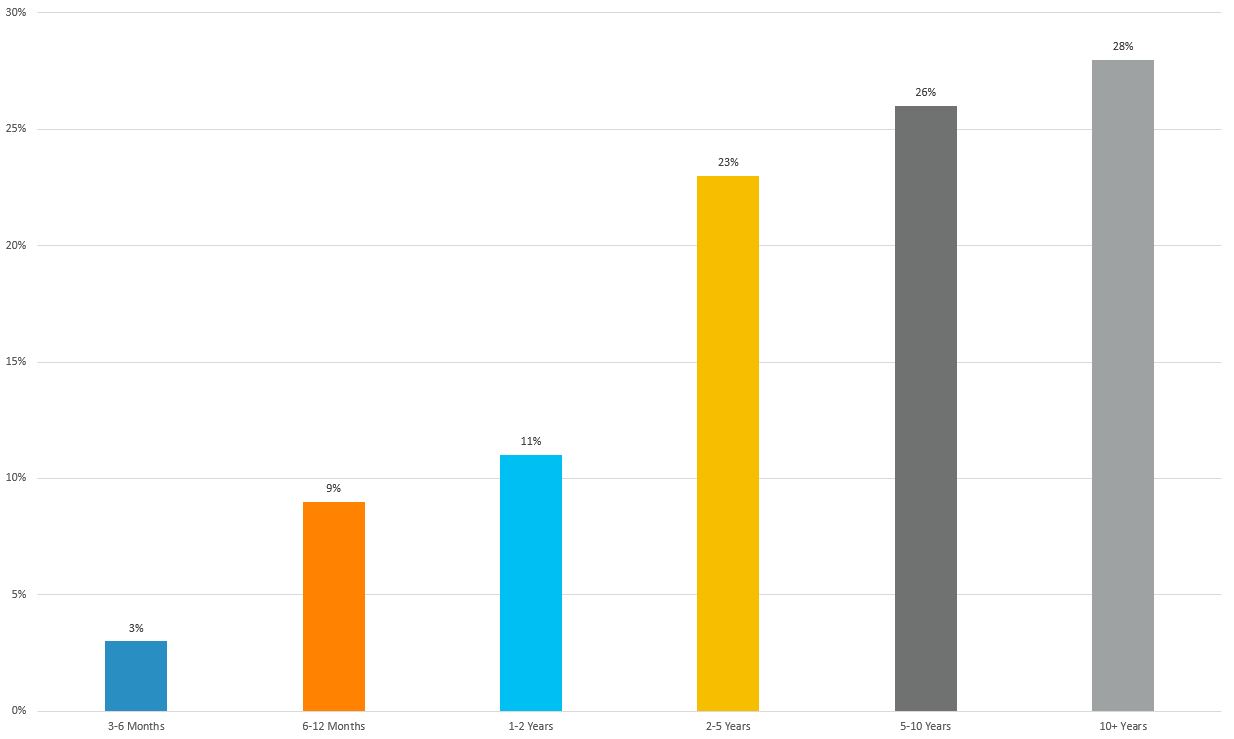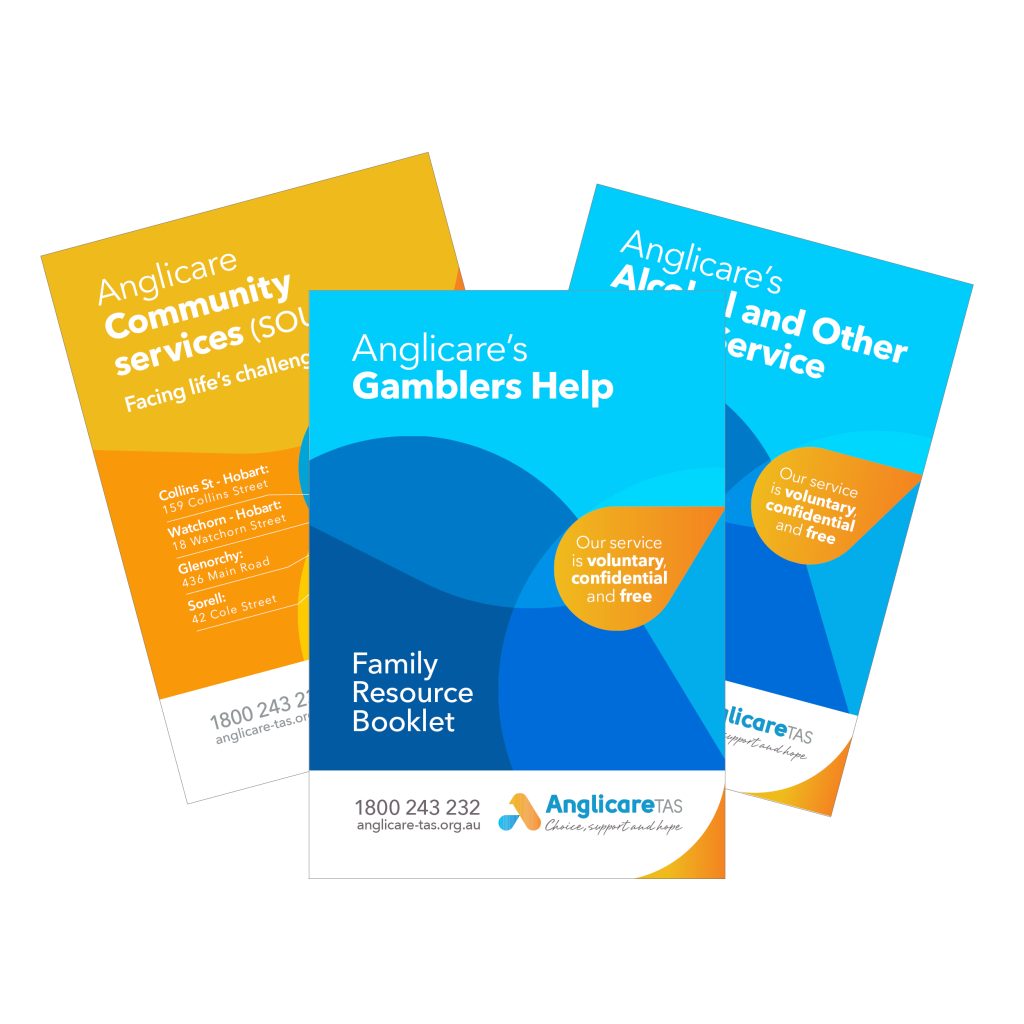Call us 1800 243 232
Menu
Call us 1800 243 232
Anyone in the community can provide referral information about counselling and other assistance offered by Gamblers Help, but talking about gambling can be very hard for people struggling with this issue.
Shame and the stigma of gambling harm mean communication must be done with care and sensitivity.
You can:
People experiencing gambling harm often find a way to stop gambling, or get it under control.
This may involve removing or reducing the stresses that contributed to the gambling in the first place.
People who are experiencing gambling harm can be helped by:
The rates of people seeking help from gambling support services is low.
This can be due to people finding help with family and friends, or with the aid of online information and resources.
It can also be because of the stigma surrounding gambling harm, and feelings of guilt and shame.
People may also be in denial of the harm their gambling is causing.
If you think someone is experiencing gambling harm, it’s important for you to help them if you can.
Significant negative results of gambling harm can include relationship breakdown, financial problems, loss of employment, and mental health problems, including suicide.
The best way to find out if someone is experiencing gambling harm is to ask.
Make sure you choose a time when you can talk in private and are both calm.
Before you talk to the person, be prepared for the full range of responses you may encounter, from relief through to anger.
The person may deny, minimise, rationalise, or lie about their gambling or they may blame others.
Be aware that they may feel ashamed or embarrassed and may not want to talk.
Problem gamblers usually only seek formal assistance when there is no other choice.
Psychological distress, financial and relationship breakdowns appear to be the primary motivating factors.
The principal obstacles are reported to be shame and embarrassment, and a false hope in the ability to regain control, or win back losses.
(Delfabbro and Le Couteur, 2006:135)
It’s important to act early!

They may say very little or deny there’s a problem as they aren’t ready to talk. They may get angry and tell you to mind your own business.
If they deny they are experiencing gambling harm or get angry, you can:
Often, people are relieved to finally talk about their gambling.
An honest, non-confrontational discussion can be just what they need to get started on the road to recovery.
Self-help strategies and peer support are more appropriate for people with less severe gambling issues, but they can work.
For more severe gambling harm, we recommend professional gambling treatment.
You can have an active role in encouraging a person to get gambling treatment by being informed and asking them the right questions.
Sometimes all people need are self-help tools and gambling information to help them take the first steps.
Work with the person to agree on acceptable behaviours, such as talking to a professional or staying within agreed spending limits.
Be clear about what you are willing to do to help the person.
Also be clear about what behaviours you will tolerate, although you may revisit these boundaries over time.
It’s likely the person you’re concerned about has difficulty handling money when gambling opportunities exist.
You could:
You can also encourage them to reach out to the National Debt Helpline on 1800 007 007 to speak with an Anglicare Financial Counsellor. You can find out more about Anglicare’s Financial Counselling service here.
A person who has stopped or cut down their gambling may experience a gap in their life that gambling used to fill.
They may miss the social aspect of gambling.
If this is the case, suggest other fun or social activities, like going to the movies or having a meal with friends.
Reconnecting with family and friends can provide social support.
This may help the person feel less anxious, depressed, angry or bored, and therefore less likely to gamble.
People experiencing gambling harm may have been struggling to control their gambling for years before they are motivated to talk to someone who can help.
Some people experiencing difficulties with gambling address the issues themselves.
Providing information about self-help resources can be a good way to help them get started.
Gambling Help Online welcomes anyone affected by gambling to become members of their community. They have different areas for gamblers, and for family and friends. This is to make the discussions as useful as possible.
Gambling Help Online provides anonymous, free, confidential advice and counselling. There’s also information online to help people plan how to change.
Simply visit Gambling Help Online and select ‘Get started’. You’ll need to register an email address to get things going.
Chat live with a counsellor 24 hours a day, seven days a week.
The stigma of gambling addiction can make it difficult to seek help, but an online chat can feel less daunting.
You can access professional phone counselling and 24-hour helplines at:
Anglicare Tasmania offers SMART Recovery Group and Family & Friends Sessions across Tasmania. SMART Recovery offers a supportive environment for people to achieve their goals and change problem behaviours. Visit our website to find out more about the SMART Recovery Program.
Anglicare’s Gamblers Help Service also offers face-to-face counselling for individuals and affected family and friends, as well as self-exclusion from venues.
If the person is denying they have a gambling problem, to you or to themselves, beating them over the head with it is unlikely to get them talking.
We need to create a safe space, in which people know that we are there to support them, rather than to blame or judge them.
If the person does not want to talk about it, you can tell them that gambling help is available and that you are willing to talk when they are ready.
If the conversation becomes unproductive or aggressive, you should end the discussion and try again at another time.
Although it may be obvious to those around them, the person may not see their gambling as a problem until they experience a crisis that they cannot solve themselves.
They may also go through cycles of awareness and denial.
If the person does not want to change, you should sensitively ask if gambling and its consequences are getting in the way of the life they want to live.
Anglicare’s Gamblers Help Family Resource Booklet will help you support the person you care about while also taking care of yourself.
The booklet shares the warning signs of gambling harm, tips for having healthy conversations about gambling, practical steps to protect you and your family from the financial impacts of gambling, and services and supports online and in your local area.
Download the Gamblers Help Family Resource Booklet here.

You can raise awareness in your community, workplace or friendship group by: